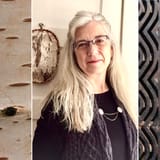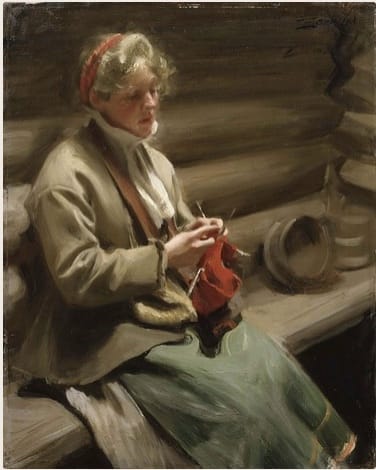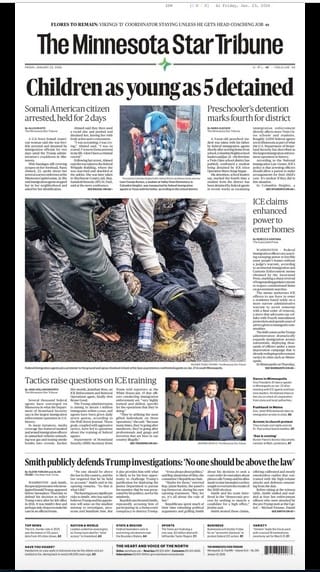On Grief and Hope
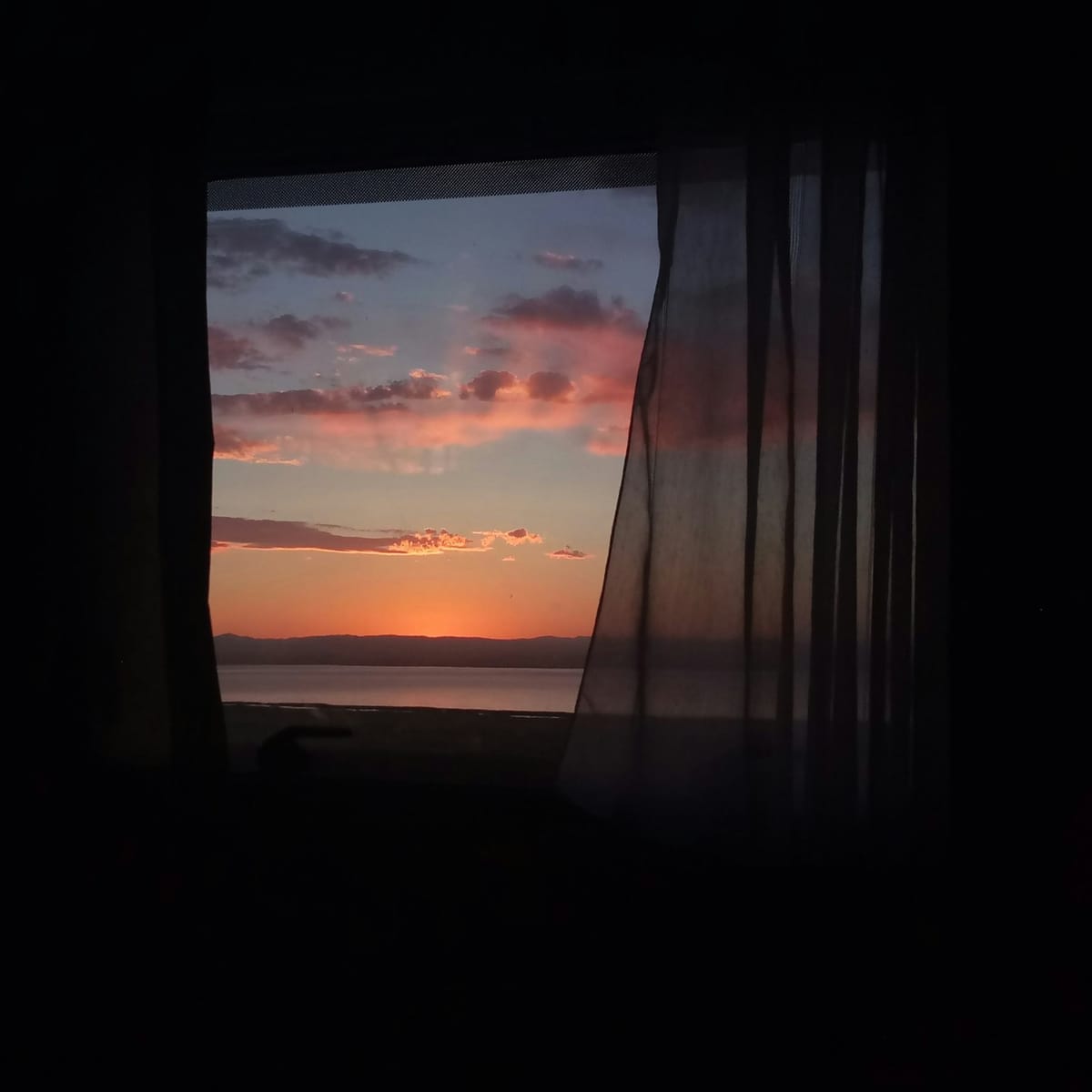
"Regardless of how we choose to grieve or cultivate hope, we know that we are living in disastrous times and that we will need one another. We are wading through hell and high water, tasked with dreaming new worlds into being while the worlds we have known fall down around us." Kelly Hayes & Mariame Kaba, Let This Radicalize You (180)
"I'm trying to get angry," my octagenarian father said, as I sat with him in the hospital room after his surgery. His explanation when I asked him why: "Anger can give me the energy I need to get out of this place." I couldn't blame him. He was accustomed to being fit and healthy. This surgery was necessary to repair an earlier, botched hernia surgery. Some anger might have been justified.
But "trying to get angry" didn't seem like a good substitute for what he actually needed in order to move on from the hospital bed, which was healing. I suspect, also, that anger seems easier to feel than the emotion it sometimes cloaks, which is grief. In my father's case, this was grief over loss of strength, stamina, and energy, as well as his former health and independence as he faced a period of recovery. Facing that kind of grief means facing one's vulnerability, even mortality. Which can set off an additional unwelcome emotion, fear. No wonder it is tempting to convert negative emotional states into anger, despite the toll that can take on the mind and body as well.
My father's statement has come back to me lately, as current events are evoking anger, fear, grief, and possibly also shock, despair, and numbness in many. The attacks—on federal workers, the press, education, the rule of law, the constitution—and the unleashing of so much violence against immigrants and protestors are horrifying. But there's an added horror of realizing that a portion of the population regard it all with pleasure. Many of those people define themselves as an aggrieved group, who perceive all this as payback.
I've been wondering about this emotional range in the context of the chapter Hope and Grief Can Coexist, in Let This Radicalize You. That sent me to parse the relationship of the words grief and aggrieved. They share a common ancestry in a French word for causing pain and affliction, and in an even older Latin word that means a heavy weight (think of the grav in gravity).
It seems that by now, while grief is associated with sorrow and loss, the meaning of aggrieved is closer to that of aggravated. Modern definitions include words like resentment and anger, specifically a sense of having been unfairly treated. In her analysis of social media culture, Renée DiResta calls this influencer group the Perpetually Aggrieved. While this attitude no doubt crosses the political spectrum, the right-wing form is now ascendant. Empathy and compassion are in their cross-hairs. How many of the aggrieved are avoiding their own very humanizing fear, grief, and vulnerability, and instead channeling those emotions into anger that dehumanizes others?
Of hope and grief, Hayes and Kaba assert that "if we wish to transform the world, we must learn to hold and to process both simultaneously. That process will, as ever, involve reaching for community" (151). Unprocessed grief can lead to hopelessness and even abandoning each other, especially when we already feel abandoned by our institutions.
Hayes and Kaba remind us that grief "is a manifestation of love, and our capacity to grieve is in some ways proportional to our capacity to care. Grief is painful, but when we process our grief in community, we are less likely to slip into despair" (151).
Their chapter describes spaces for solidarity in the grieving process—practices such as creating memorials, altars, quilts, poetry—and introduces us to community activists who are "waging acts of care" in resistance. These are people coping with environmental racism, the pandemic, and industrial impacts on their community's health and survival, people who "push back against any further normalization of mass death"(152). They offer many inspiring examples.
Waging acts of care is also a way to dream new worlds. That stands in stark contrast to the way of the aggrieved. True, anger can be a force for justice and positive change. But while grief and hope can coexist through love, aggrieved resentment seems merely to fuel lust for revenge. We are witnessing countless examples of that.
Let This Radicalize You was published in 2023. As long-term community organizers, the authors describe what they see as the workings of historic, oppressive structures that exceed individual presidential administrations. They argue that community is a leverage point because "our oppressors are wholly unprepared to confront a multiracial, intergenerational movement of people who share a loving practice of grief and who are prepared to care for one another and act in one another's defense" (152).
I was curious about their response to the present moment, and found this conversation led by Hayes in her series, Movement Memos. Hayes has edited a recently-published book called Read This When Things Fall Apart: Letters to Activists in Crisis. In this episode, she talks with writer/organizer/activists Eman Abdelhadi and Maya Schenwar about the book, and about the scene on the ground at the Broadview ICE detention facility outside Chicago.
"We are living in a time when fascist politics are being normalized, white-washed, celebrated, and sometimes reduced to “differing opinions” that we simply have to learn how to live with. For people of conscience, this is disorienting and disheartening, to say the least." Kelly Hayes, Movement Memos
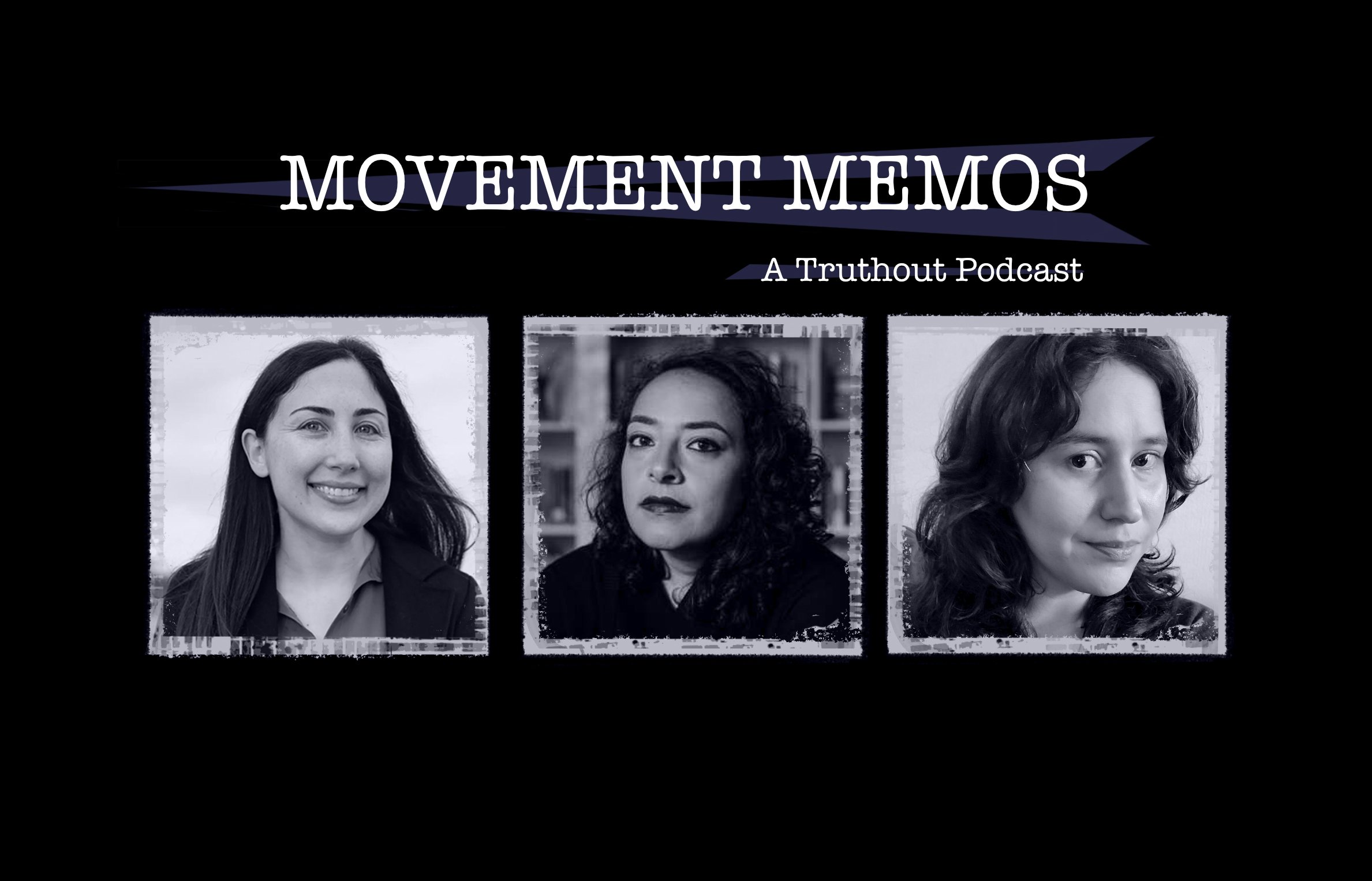
Hayes and Abdelhadi have both been participating in the protests. For them, the intensity of the ICE response has been far beyond typical police approaches to protestors they have experienced before. Here's Abdelhadi:
There’s no doubt in my mind that those officers at Broadview would’ve shot things that were much more lethal at us if they could. And the question becomes: When will they be authorized to do so? And everything that this administration has been doing suggests that it’s only a matter of time. And so I think that for me, Broadview yesterday represented this new world that we’re facing – a world in which populations like our immigrant neighbors, our undocumented neighbors, are rendered disposable."
In her reckoning, this rendering inevitably extends to making anyone who dissents disposable as well. Describing it as feeling "like a war zone," she says, "that’s the reality that we all need to face, is that this administration has waged war on all of us and is treating us as though we are combatants . . ."
"And it’s important always to remember that the state has always treated certain populations like this, but that there has been a marked expansion and a marked flouting of the rules. A sort of almost glee in the level of violence and repression that we’re seeing." Abdelhadi, Movement Memos
I can't say for sure that this "glee" is associated with the vengeance-seeking resentment of the aggrieved right-wing. But it does seem clear that the scenes Hayes describes at Broadview illustrate the different wellsprings of grief and grievance:
That’s why I think it’s so important that the on-the-ground culture at the Broadview protests really exists in opposition to that mindset of disposability, complicity, and cooperation with fascism. People aren’t just resisting the capture and deportation of our migrant neighbors, which is crucial work — they’re also taking care of each other. While Eman and I were together at Broadview, for example, our friends were distributing gas masks and impact resistant goggles. We were all checking on each other, sharing water, and flushing people’s eyes after chemical attacks. We were comforting each other and singing together.
The perspectives shared in this episode make it well-worth tuning in: Abdelhadi is a professor and Palestinian scholar, Schenwar is a journalist and self-described "anti-Zionist Jew," and Hayes is a Menominee educator and organizer. They talk not only about the importance of in-person demonstrations, but about the many other ways people can resist.
We all need healing. As we go forward, let's face our grief together and draw our energy from caring for each other.
